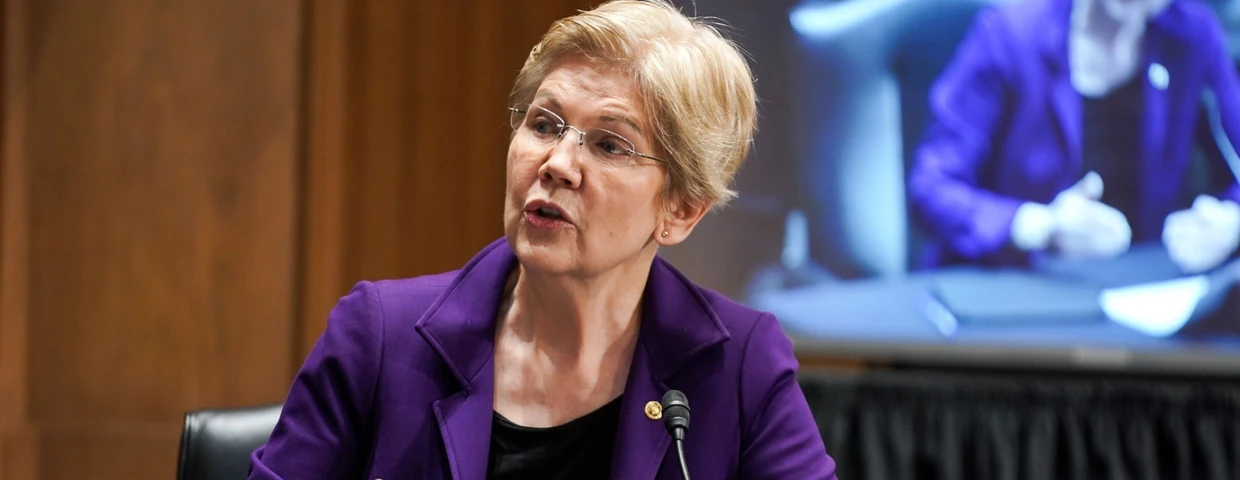The growing chasm between the ultra-wealthy and everyday workers is not just an economic anomaly; it"s a deliberate policy choice that has been perpetuated by systemic inequities. The latest reports indicate that a mere 1% of the population now holds an astonishing 90% of the nation’s wealth. This staggering statistic should serve as a wake-up call for all of us, signaling the urgent need for comprehensive economic reform that prioritizes workers" rights and dismantles the structures of economic oppression.
Wealth Inequality Reaches Unprecedented Levels
According to a recent study, the wealth concentration in the hands of the few has reached a level not seen since the Great Depression. The Financial Times reports that the wealth of the top 1% has skyrocketed by 300% over the past three decades, while the wages for the bottom 90% have barely increased by 20% during the same period. This is not merely a statistic; it is a reflection of the lived experiences of millions of Americans who are struggling to make ends meet.
Stagnant Wages and Rising Costs
The reality for most workers is grim. Despite years of hard work, their wages have failed to keep pace with inflation and the skyrocketing costs of living. According to data from the Bureau of Labor Statistics, inflation-adjusted wages have stagnated, leaving many families unable to afford basic necessities. The American dream is slipping further out of reach for the working class, replaced by a nightmare of economic precarity.

Sen. Elizabeth Warren’s full speech at the Democratic National Convention
Corporate Profits Soar Amid Worker Struggles
While workers face stagnant wages, corporate profits have surged to record levels. A report from Forbes reveals that major corporations are raking in unprecedented profits, often at the expense of their workers. Companies are choosing to prioritize shareholder value over employee welfare, leading to layoffs, wage freezes, and increased workloads for those who remain. This corporate greed is unsustainable and reflects a system that values profits over people.
Calls for Reform Grow Louder
The growing awareness of these injustices is fueling calls for significant reforms in our economic system. Activists, workers, and progressive lawmakers are pushing for legislation that addresses the root causes of wealth inequality. Proposals such as a higher minimum wage, stronger labor protections, and progressive taxation are gaining traction. As reported by NBC News, grassroots movements are mobilizing to demand accountability from politicians who have turned a blind eye to the needs of the working class.

Democrats" Wealth Tax Dreams Look Dim After Supreme Court Ruling
The Role of Criminal Justice in Economic Inequality
It is crucial to recognize that economic injustice is intertwined with issues of criminal justice. The over-policing of low-income communities disproportionately affects marginalized groups, perpetuating cycles of poverty and disenfranchisement. According to the American Civil Liberties Union, systemic racism within the criminal justice system exacerbates economic disparities, with people of color facing higher rates of incarceration and barriers to employment upon reentry into society. This intersection of economic and criminal justice issues demands urgent attention and reform.







![[Video] Gunfire between Iraqi security forces and Sadr militias in Baghdad](/_next/image?url=%2Fapi%2Fimage%2Fthumbnails%2Fthumbnail-1768343508874-4redb-thumbnail.jpg&w=3840&q=75)
